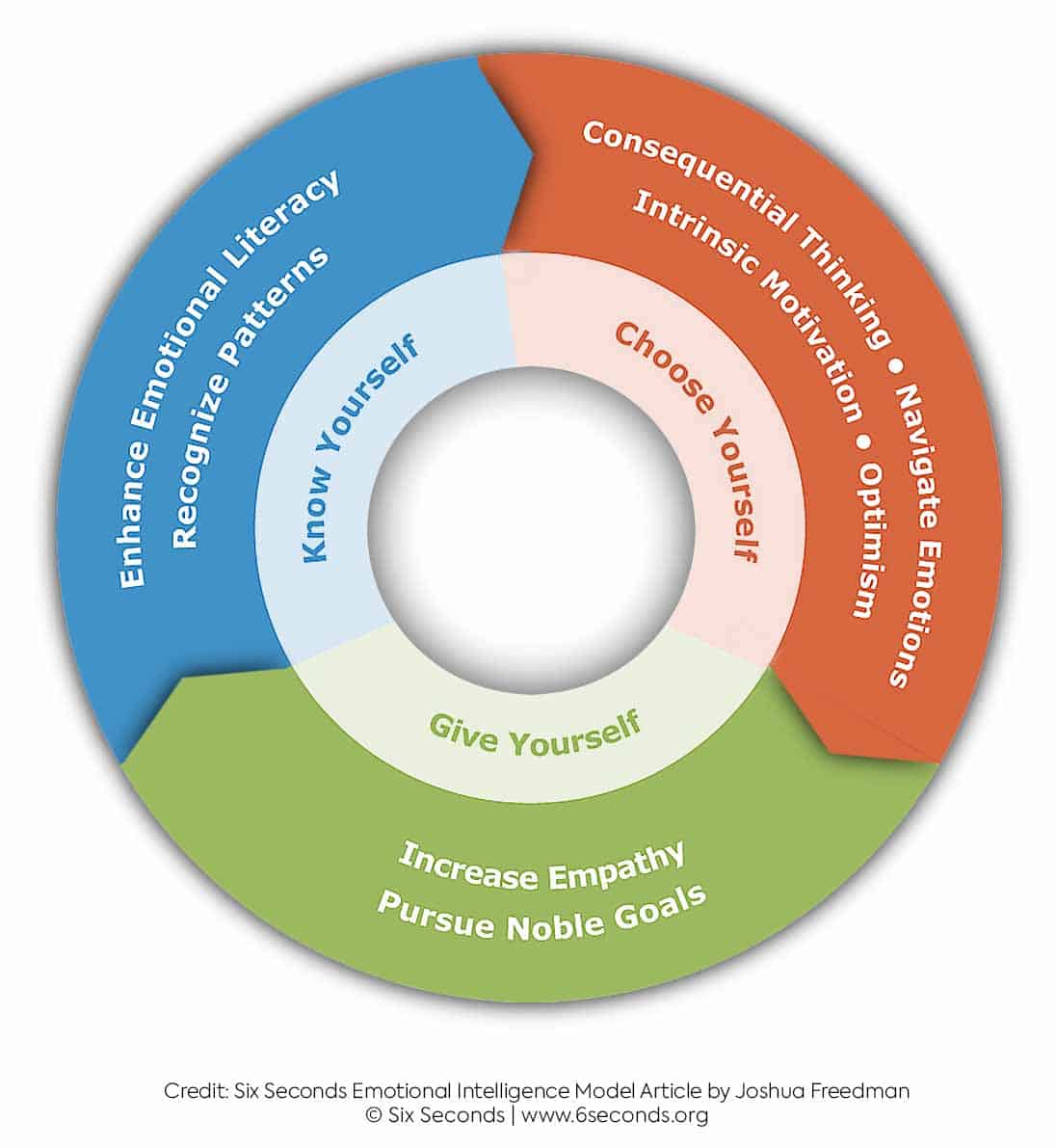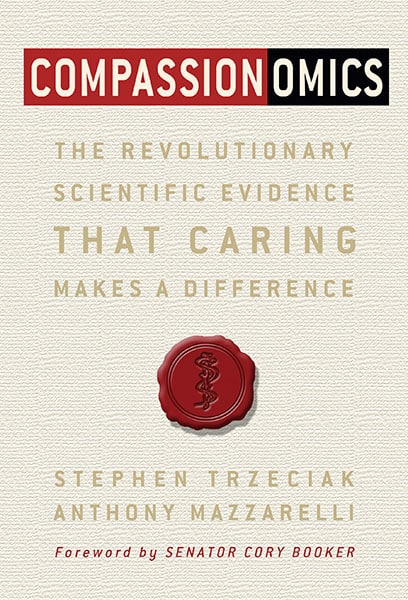Recognizing and managing your emotions is a strength for physician leaders who want to thrive

I trained and started clinical practice in an era where the outward expression of negative emotions was viewed as a sign of weakness. Instead of wondering, “What’s wrong?” the assumption was “What’s wrong with her?” So, I learned to tuck negative emotions inside and keep them at bay. Without even realizing it, I got really good at keeping them out of sight. So much in fact, that a colleague once said to me after a particularly tense negotiation conversation with two other colleagues, “I really like working with you. You have a great poker face.” My interpretation of his statement: Don’t show your cards. Don’t show that you are hurt or angry. Keep your emotions and your reactions in check.
Emotional regulation – the owning and managing of your emotions – is not to be confused with emotional suppression. Emotional regulation as a learned skill makes good sense. It is commonsensical to choose a more constructive response in the moment, based on possibilities, instead of reacting to the moment based on habit. In other words, responding to the uncomfortable or the unpleasant with intelligence, instead of impulse, can help us improve our relationships, and above all, our happiness.
But my masterful poker face was not the result of emotional regulation. It was the result of emotional suppression.
Suppressing, compartmentalizing, holding back negative emotions … it’s exhausting. The more I held back my outward expression, the more I tried to de-emphasize the emotions. I had to tell myself that I wasn’t really annoyed or furious or miserable. Not willing to disappear or find another host, the emotions festered inside. I rationalized not expressing the emotions because it was a waste of other people’s time to listen to me talk about my feelings.
While I became exceptionally good at the game of emotional masquerade, I also came to realize that emotional suppression is not sustainable.
I had to learn to stay aware of the negative emotions as they happened. Just as I learned to conceal and deny the unpleasant feelings, I learned to reveal them, too. I learned to recognize and to understand which emotions I am feeling and why — to realize in the moment, the link between my feelings, my thoughts, what I do and what I say. I learned to express my feelings naturally, and in a manner consistent with my values.
Here’s a useful strategy from the coaching network, Six Seconds, that you can practice to become more conscious of your emotions.
Know Yourself gives you the “what” – when you Know Yourself, you know your strengths and challenges, you know what you are doing, what you want, and what to change. What is making me feel this way? What important feelings do I let into my awareness and which do I exclude?
Choose Yourself provides the “how” – it shows you how to take action, how to influence yourself and others, how to “operationalize” these concepts. How do I separate the signal from the noise? How would I like to be feeling?
Give Yourself delivers the “why” – when you Give Yourself you are clear and full of energy so you stay focused on why to respond a certain way, why to move in a new direction, and why others should come on board. When I am at my best (i.e. living into my values), what characteristics do I naturally display? What can I do to help me achieve my desired emotional state?
The three steps combine to form a circular process. Like a merry-go-round, the process begins when you climb aboard and take it for a whirl. It’s not a sequential list with a starting point and an endpoint. You can start from anywhere and taking more than one ride is encouraged. With each ride, you gain positive momentum that will help carry you forward.
I learned that I’m an emotional person. Expressing my emotions makes me stronger. And that a poker face doesn’t have to be the default state.
Do you know how to leverage your leadership skills to challenge your initial reaction?
Do you want to stop reacting and choose your response with the future in mind?
Do you want to show up differently and be the leader you know that you can be?
You don’t have to struggle through the change alone.
Learn more here about my Summer Spirit Package coaching program.
Teresa Dean Malcolm, MD, FACOG, MBA, CPE, CPXP, ACC is zealous in her belief that an exceptional experience in clinical care, the human(e) experience, is achievable through meaningful and authentic relationships with others. She has served in executive positions, integrating people with process and purpose, and successfully aligning the ideas of the team with a compelling vision. She is a Certified Physician Coach and Physician Executive. Her coaching philosophy, The Malcolm Method, is rooted in social and emotional intelligence, positive psychology, and strengths-based leadership. Through thought-provoking conversations, she strives to deepen the awareness of her physician clients and further their actions, thereby helping them to thrive as they lead. Dr. Malcolm (known to her friends and family as Terri) is a loving wife to her husband, Nate. Together they have three charming and athletic boys, Nathaniel, and twins, Roman and Colton.





